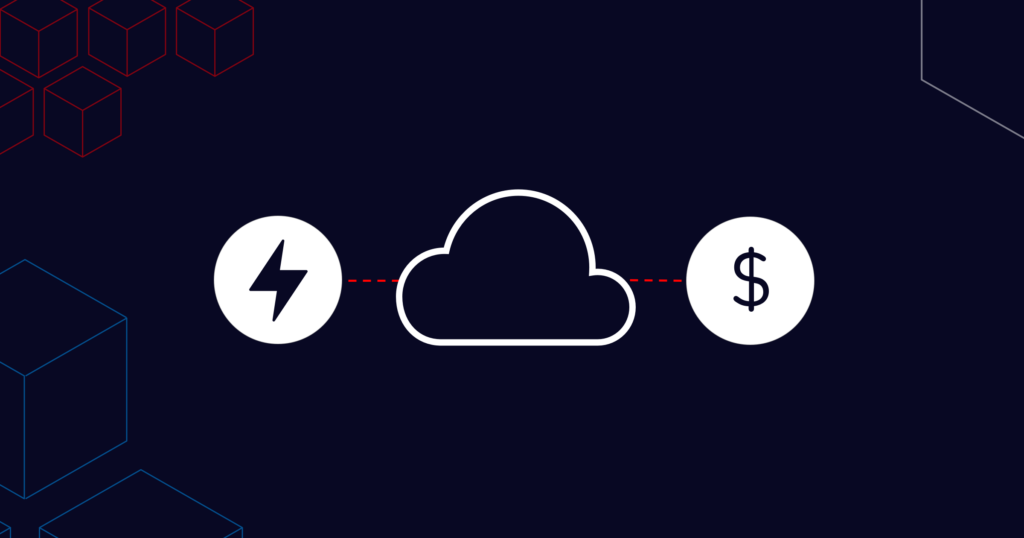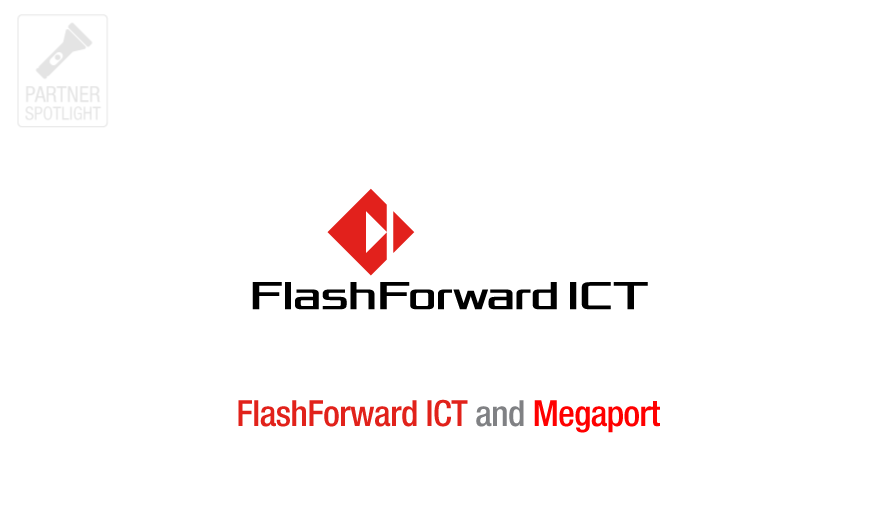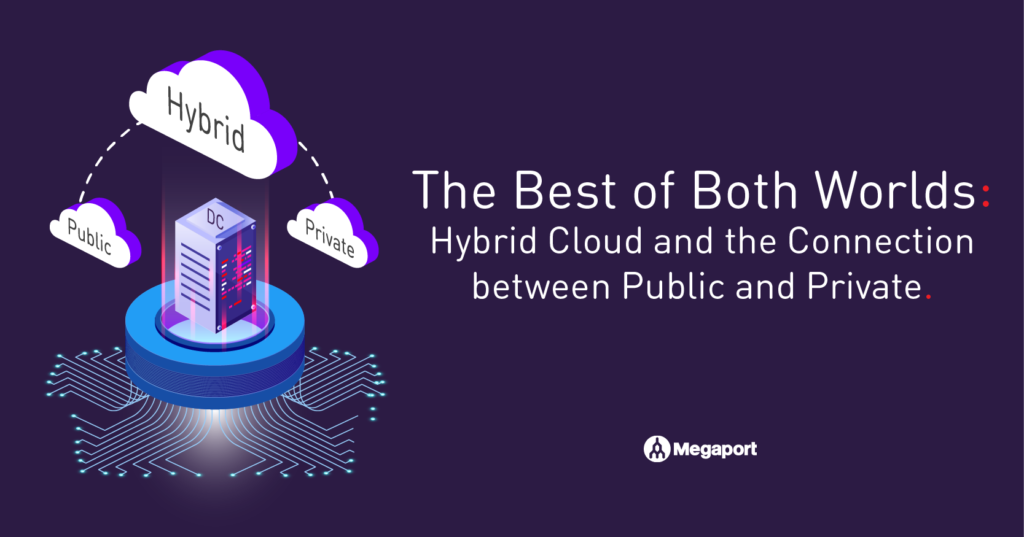
This Month in Cloud: Financial Benefits of Private Cloud Interconnection
- January 12, 2017
- RSS Feed
Unlock cost savings and enhanced performance with private cloud interconnection solutions like AWS Direct Connect and Microsoft Azure ExpressRoute. Learn how these options reduce outbound data transfer fees and improve network security. Discover Megaport's unique advantage: no hourly port charges for AWS Direct Connect and a 'one-to-many' VXC approach that simplifies scaling across multiple cloud environments.
Customers choose to use AWS Direct Connect and Microsoft Azure ExpressRoute for a variety of reasons including, but not limited to, network performance, security/privacy and reduction of bandwidth costs.
In the field it’s routinely observed that most customers primarily adopt a private cloud interconnection network architecture because of the performance and security advantages. However, from time-to-time, reduction of bandwidth/network costs is cited as being weighted as an important metric.
Many customers understand there is a positive tradeoff between dedicated internet access (transit) costs and transport costs. However, what is not commonly understood is that the major public cloud providers such as AWS and Microsoft financially incentivize their customers to adopt private interconnection (aka Direct Connect and ExpressRoute, respectively) by reducing the Data Transfer “outbound” charges (approximately $0.09/GB to approximately $0.03/GB in North America).
Data transfer “inbound” is typically free of charge. If a customer is paying a significant amount monthly in data transfer “out” charges (think greater than about $10,000 USD/mo) then looking to a private cloud interconnection solution may be important purely based on cost.
Cloud Interconnection Financial Benefits According to Megaport
Regarding AWS… in addition to the reduced “data out” charges, Megaport also includes the cost of the AWS Direct Connect hourly port charges in the pricing of customer solutions (VXCs for Direct Connect).
The following are monthly port charges assessed by AWS for Direct Connect (assuming 720 hours in a month):
- 1 Gbps @ $0.30/hr: $216
- 10 Gbps @ $2.25/hr: $1620
These hourly port charges are absorbed by Megaport and not passed along to the customer. This results in a $0 monthly charge for the hourly port fees for the AWS customer.
Most Direct Connect partners do not take this approach and an AWS customer will usually see the hourly port charge as a line item on their monthly invoice from AWS.
Regardless of whether a customer runs environments in AWS, Microsoft Azure, Google or other cloud providers, they also have the ability to realize Megaport’s “one to many” approach to VXCs (virtual cross connects).
VXCs are layer 2 VLANs for interconnection including, but not limited to, Direct Connect, ExpressRoute and Google Cloud Interconnection. This means that instead of having to order a static private line from a carrier each time the customer needs to access a new region, environment or cloud provider, they can instead simply order another VXC from the same physical access port they may already have turned up and live.
Further, this makes the economies of scale with adding connections for different test, dev and production environments quite attractive.





